At present, stepping into the Dongka River Tea garden in Manglang Town, Lancang County, you'll see lush tea trees, with new shoots wrapped in the fresh green of early spring just beginning to sprout. The entire view is filled with vibrant new green as the tea trees, dormant throughout winter, now sprout and turn verdant, ready for harvest. Girls dressed in ethnic attire shoulder their tea baskets, their fingers nimbly picking through the leaves. In the tea baskets brimming with Spring Tea, the tender and plump buds are densely layered, emitting a refreshing fragrance.
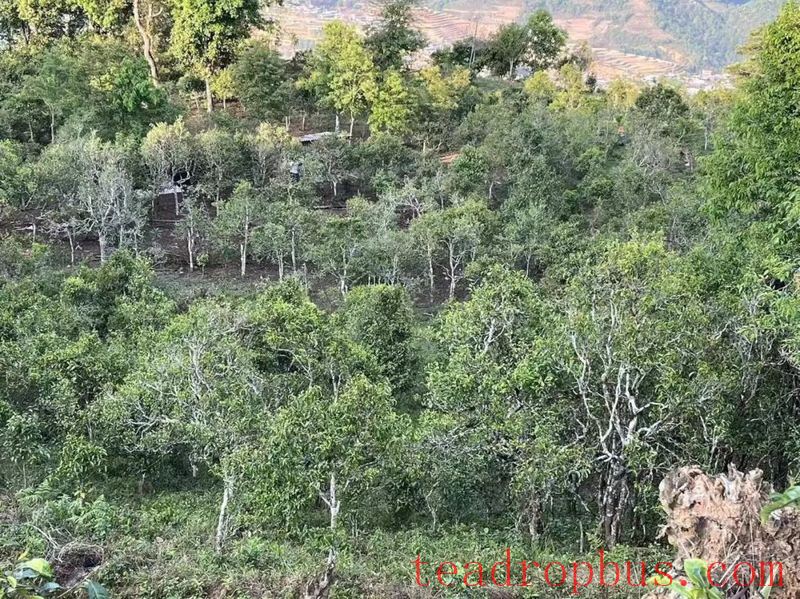
The Dongka River area is part of Dapingzhang Village in Manglang Town, Lancang County, and it is the closest, most intact ancient tea garden to the city. This place has beautiful natural surroundings, yellow sandy soil rich in minerals, making it an undisturbed ancient tea garden. The tea here is characterized by Orchid fragrance, honey-like notes, a full-bodied mouthfeel, and a rich tea essence.
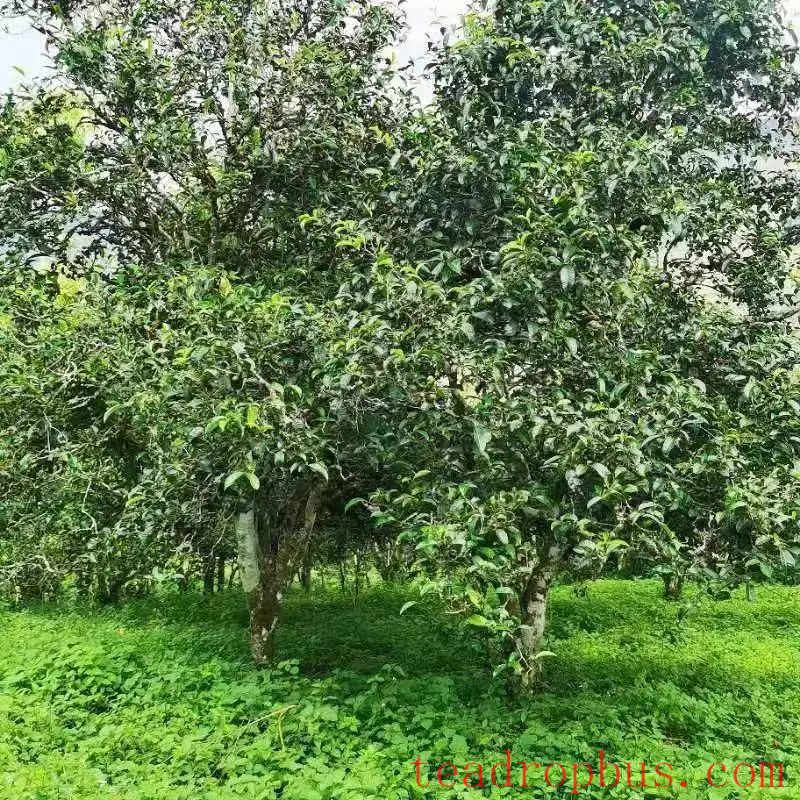
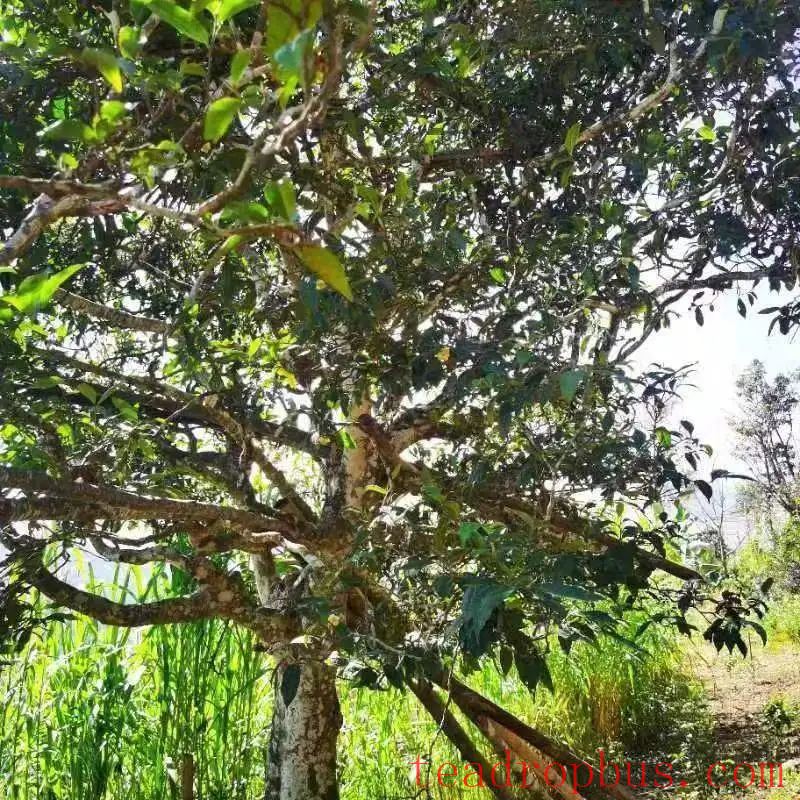
Dongka River Tea Garden
The tea variety in Dongka River belongs to the small- and medium-leaf types, and the tea trees grow on mountain ridges and slopes near the village, mostly coexisting with the forest. The environment here is excellent. The tea trees in Dongka River grow in arboreal form, untrimmed and unpruned, with the largest having a trunk diameter exceeding 20 centimeters and a height over 7 meters. These trees are all over a century old, covering a total area of 268 mu. The tea from Dongka River has tightly rolled, black, and glossy leaves, a strong wild aroma, a bitterness that is more pronounced than astringency, sweetness in the broth, short astringency, a rapid and pleasant aftertaste, a pure and true tea aroma, a bright golden-yellow broth color, and uniformly yellow-green leaves at the bottom of the Cup.
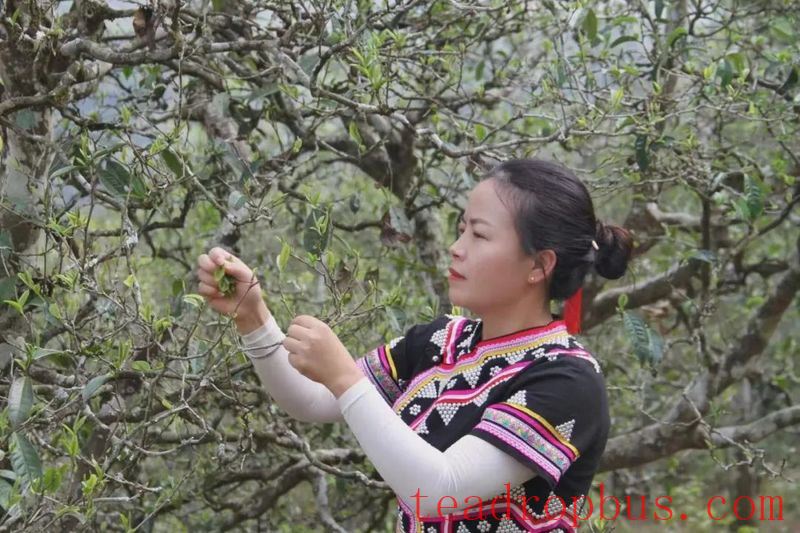
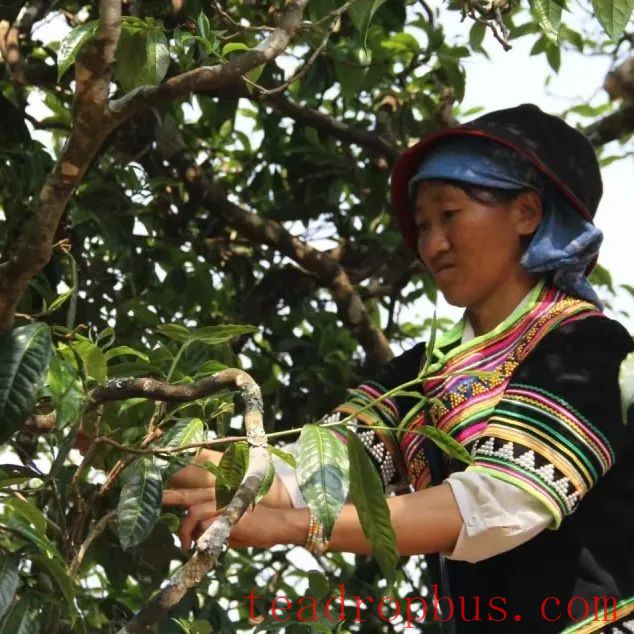
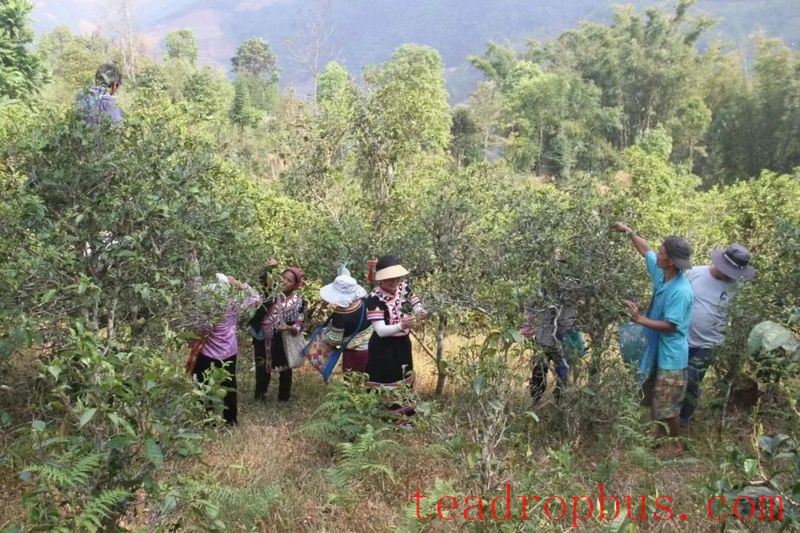
“To ensure the quality of the tea, we process the freshly picked tea leaves on the same day. The processing can be done right at home, saving us a lot of time and costs. Most households are primarily engaged in tea cultivation, which has boosted local farmers' incomes. Fresh leaves from the ancient tea trees in Dongka River sell for about 120 yuan per kilogram, and the annual production of Dongka River tea is around five tons, generating a value of 2.5 million yuan,” explains Lu Jinjiang, a villager from Dongka River.
In recent years, Manglang Town has aimed to transform ecological tea gardens and improve the quality and efficiency of tea products. Through strengthening management of ancient tea trees and terrace-grown tea, providing professional training for tea farmers in planting and processing, encouraging the establishment of primary Tea processing facilities and farmer cooperatives, they have further enhanced the quality of tea products and expanded sales channels. This helps increase the income of tea farmers and solidifies the industrial foundation for rural revitalization.
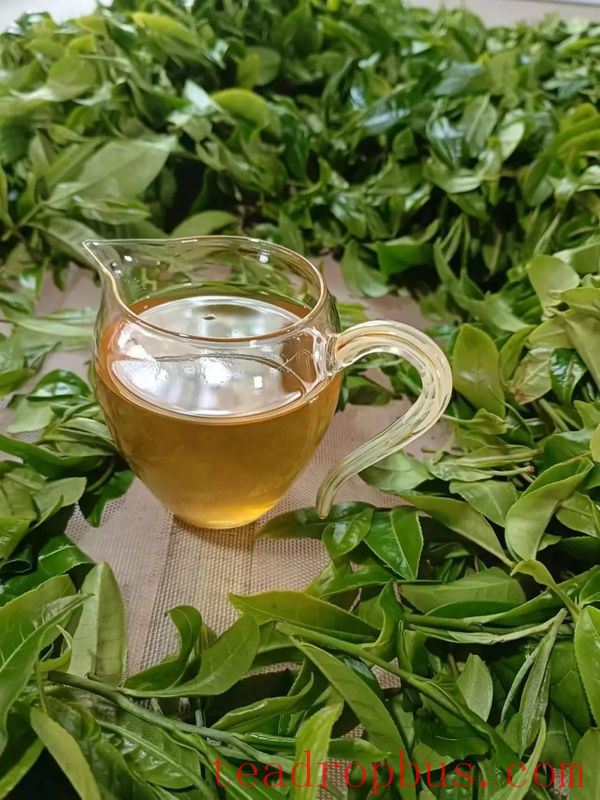
In Dongka River, this little village of slow living, take your time, wake up in the morning, put on your bamboo basket, follow in the footsteps of the tea farmers, and enjoy intimate contact with the fresh leaves under the sun. The warm sunlight and the soft fresh leaves in your hands create a precious memory cherished by every tea drinker.